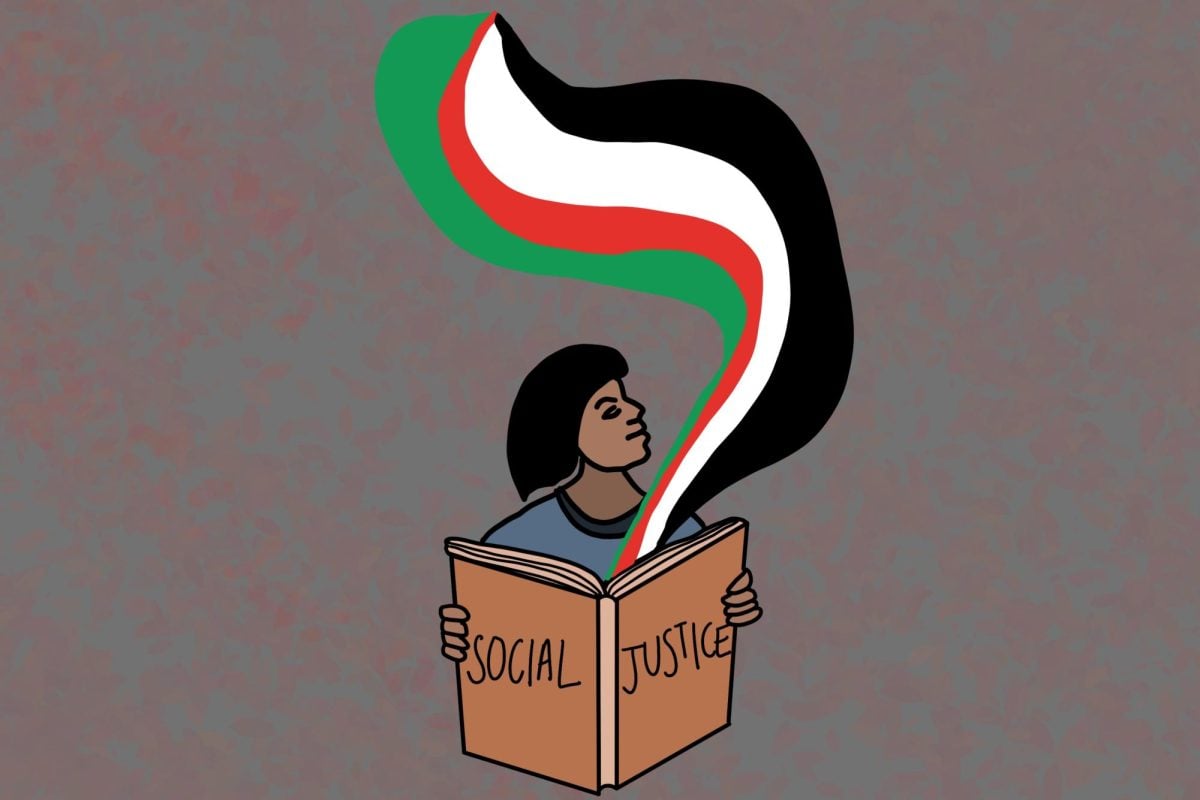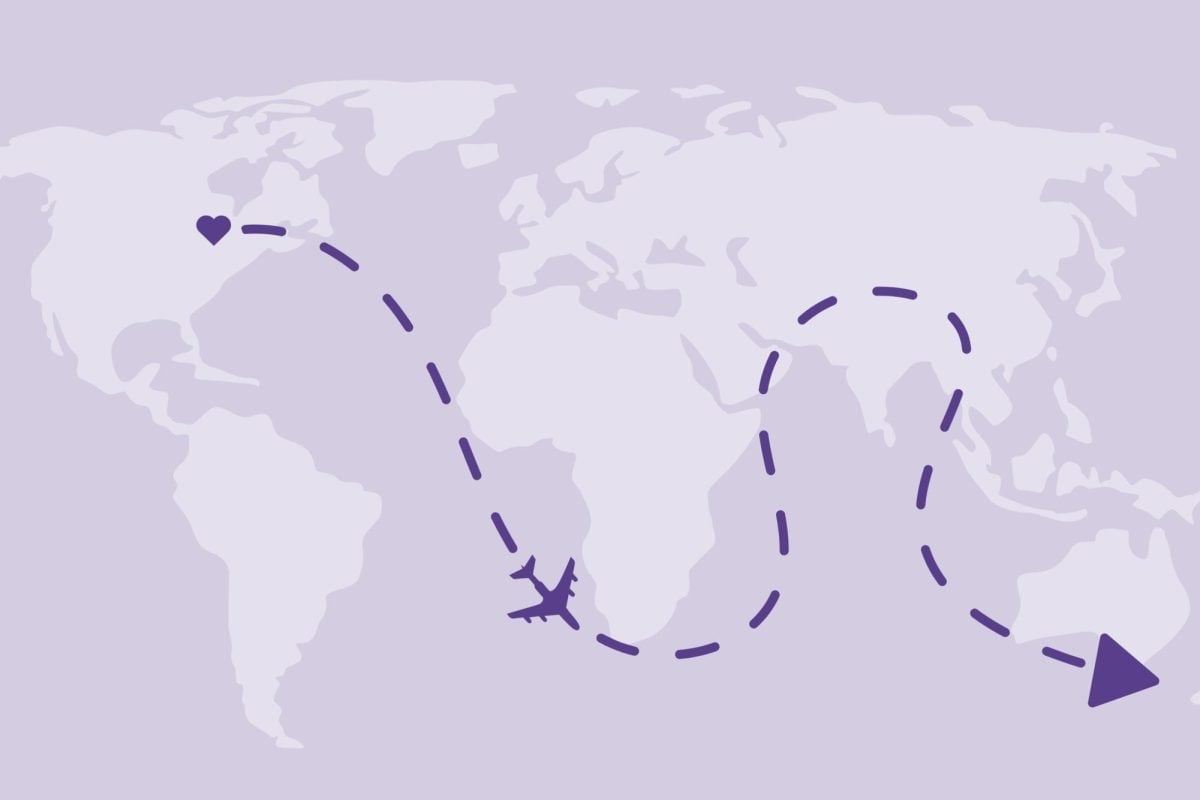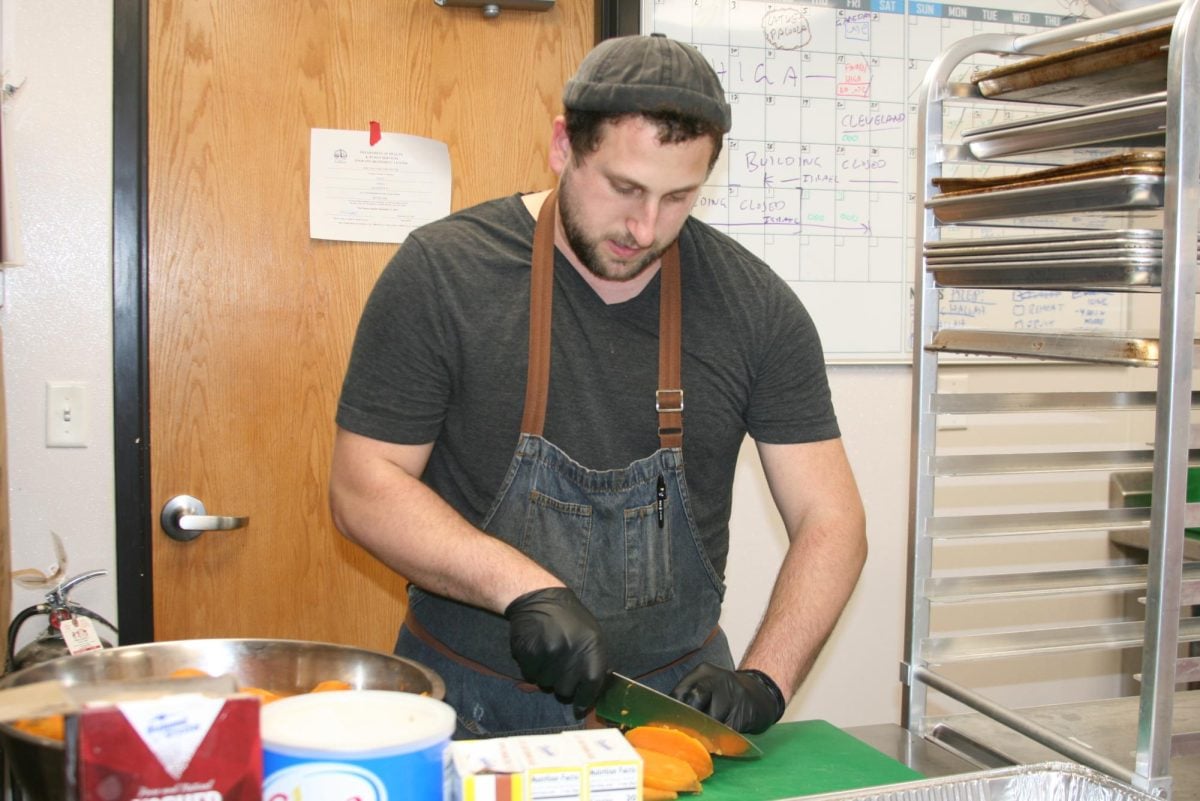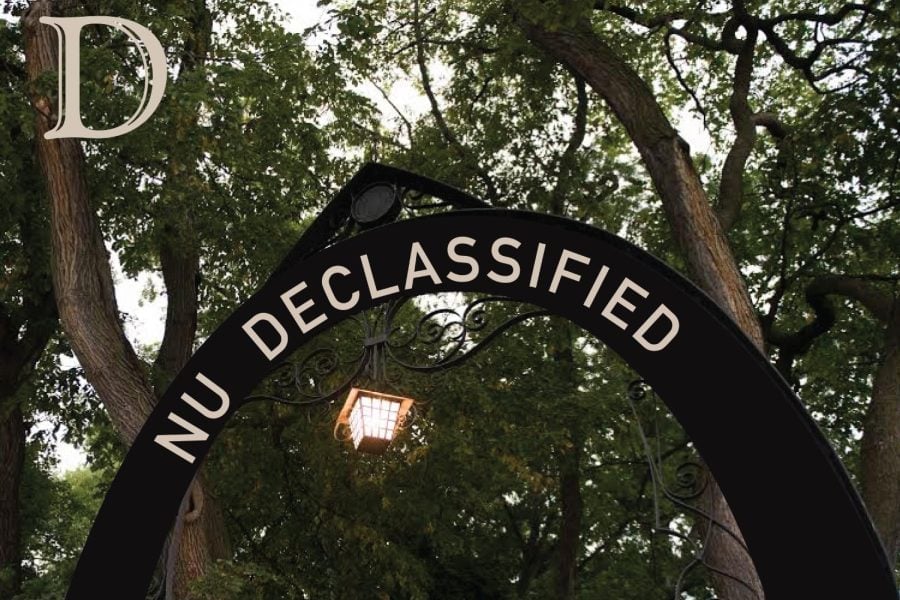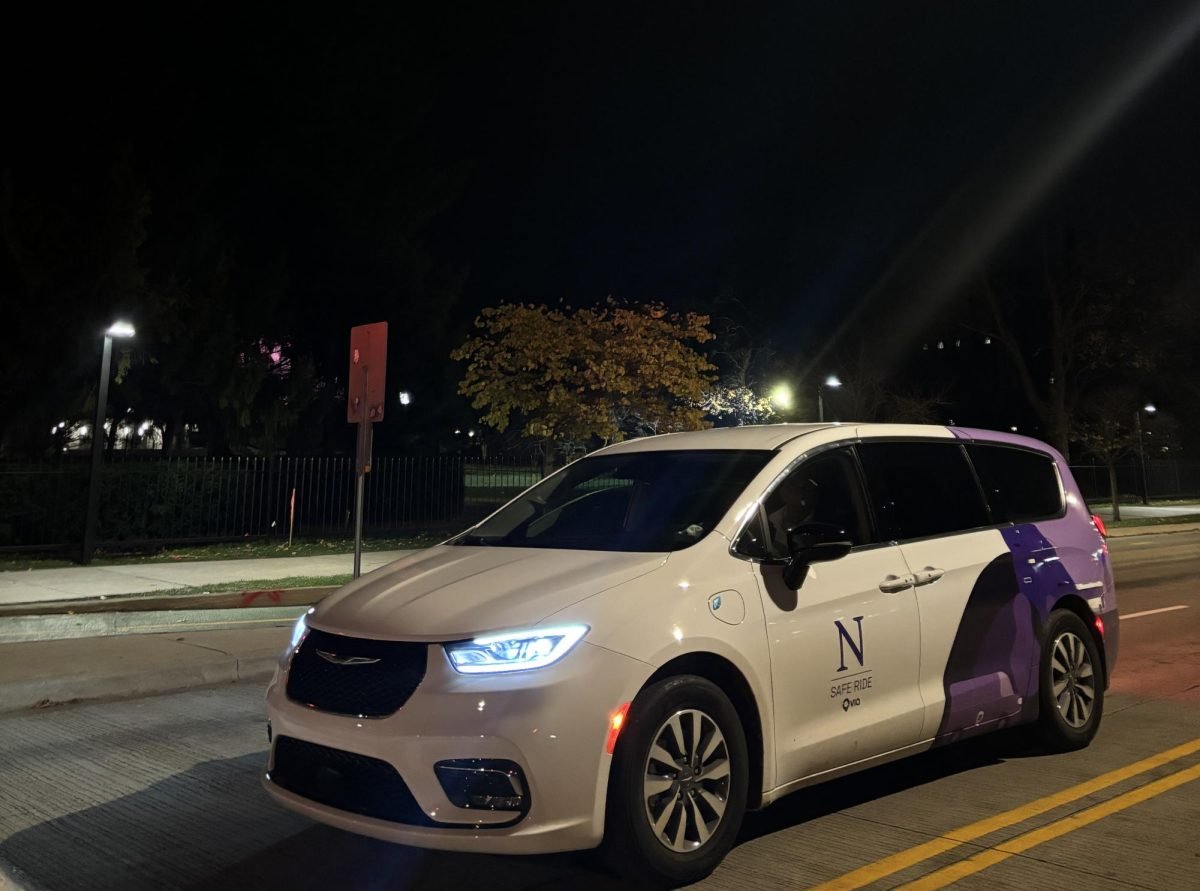A panel of activists, including members of Jewish Voice for Peace and Northwestern’s Students for Justice in Palestine, spoke Monday evening about intersectionality in the Palestinian justice movement.
The event, held in University Hall, was hosted by NU’s Middle East and North African Studies Program as part of its Palestine in Context speaker series, which aims to address a lack of academic spaces at NU dedicated to discussing Palestine and Palestinian people.
The talk was moderated by Rachel Rubin, a health system clinician in Feinberg’s Department of Emergency Medicine. Ohio University religious studies Prof. Loren Lybarger introduced the panelists.
“Each one of these individuals possesses a longstanding commitment to achieving a just peace in Palestine as a group that represents a diversity of voices: Palestinian, Jewish, Black, feminist, Muslim, Christian, secular, older and younger generational cohorts and more,” Lybarger said.
Panelists shared how they first became involved in the Palestinian justice movement.
Chicago-based activist Julie Kosowski, the daughter of a Holocaust survivor, said she lived in Israel during the first year of the 1987 Intifada, a Palestinian uprising that involved both violent attacks — which killed more than 100 Israelis — and nonviolent demonstrations. It arose partly in response to growing Israeli settlement in the West Bank and Gaza Strip.
The Intifada was met with a severe crackdown by the Israeli military. More than 1,000 Palestinians were killed and more than 130,000 were injured in the aftermath of the uprising. Kosowski said the Israeli military violence she saw committed against Palestinians at the time was inconsistent with the values her father’s survival story instilled in her.
“We can’t take refuge in trusting others because they share our identity — we trust others if they challenge state-sponsored violence and systemic structures of oppression,” Kosowski said.
Kosowski has been involved with recent organizing in the Chicagoland area. In November, she was one of more than 100 protesters arrested at a ceasefire demonstration at the Ogilvie Transportation Center, Lybarger said in his introduction.
To close the event, activists spoke about their vision for the future of the coalitions they have built. Several panelists, including Evanston activist Lesley Williams, spoke about the importance of solidarity and collective struggle against all forms of discrimination: from antisemitism to Islamophobia to anti-Black racism.
“There’s a tendency sometimes to think of (solidarity) as transactional — ‘I did this for us and now you’re gonna do this for me,’” Williams said. “I don’t think we win anything by framing this in a transactional way.”
Williams said she hopes to see a world in which Palestinians have “complete and equal” rights.
To envision what might come next for the Palestine justice movement, JVP member Scout Bratt drew from Jewish traditions rooted in survival.
“I think about what happens after genocide ends — and apartheid,” Bratt said. “We dance and we eat and we celebrate and we party, and then we fight for abolition across all contexts.”
Email: [email protected]
X: @joyycee_li
Related Stories:
— UCLA Prof. Nour Joudah speaks on generational survival of Palestinians for MENA speaker series
— NU faculty, staff, librarians, graduate students form Educators for Justice in Palestine chapter
— Students repaint The Rock for Palestinian liberation after original message was painted over
